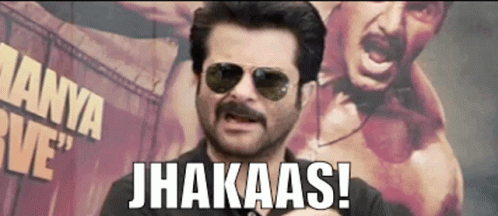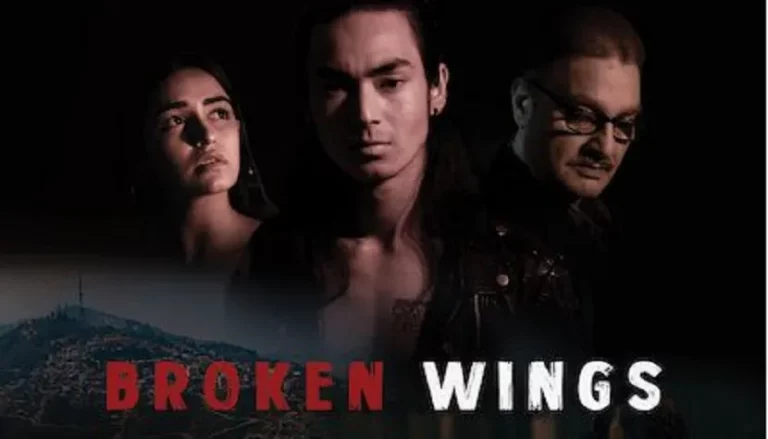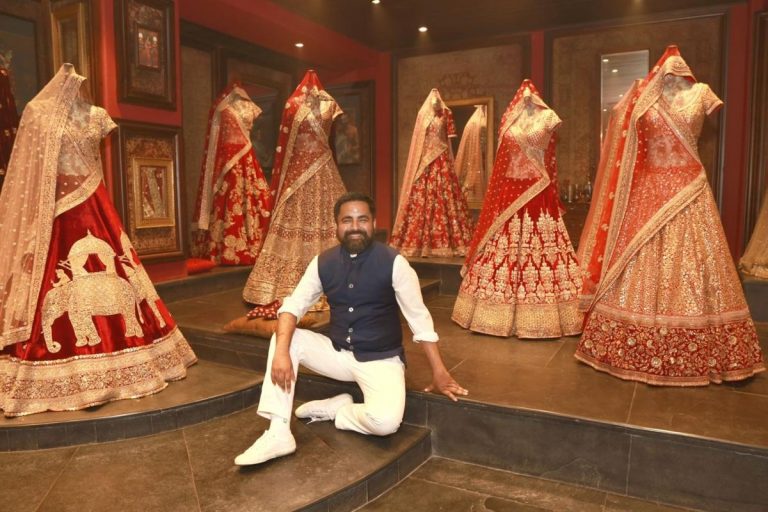No More “Jhakaas”: Delhi High Court Upholds Anil Kapoor’s Personality Rights
In the realm of Bollywood, where every star possesses their own unique identity, there are certain markers that transcend their cinematic roles and become as significant as their on-screen selves. Anil Kapoor, a veteran of the Indian film industry, is a testament to this phenomenon. While his films are popular, it’s his distinctive catchphrase “Jhakaas” that has become an unmistakable part of his persona.1 This persona recently pushed Kapoor into the limelight, not for a cinematic venture, but in terms of a pressing legal battle in the Delhi High Court regarding “personality rights.”
For those unfamiliar with the term, “personality rights” may seem like legalese. But at its core, it’s a straightforward concept. These rights refer to the protection of unique attributes associated with a celebrity. It can be compared to a brand’s logo or tagline. For celebrities, it might be a signature style, voice modulation, or even a catchphrase. The fundamental idea is that these traits, associated with an individual, should only be used commercially by the person to whom they belong.2
In the corporate world, brand identity is heavily safeguarded. Similarly, in the entertainment industry, an actor’s unique identity becomes their brand, contributing significantly to their marketability potential.3
Upon noticing that several third-party entities were exploiting elements of his unique identity, Anil Kapoor took legal action. Websites and platforms were found selling unauthorized merchandise with Kapoor’s likeness, morphing his images derogatorily, and selling falsified autographs. Notably, among the alleged violators were platforms like ‘Giphy’ and ‘Simply Life India’ which capitalized on his image, catchphrase “jhakaas”, and other recognizable attributes for commercial benefits.4 Kapoor’s decision to approach the Delhi High Court was a step to combat this unauthorized use of his personal brand.
The Honorable Justice Pratibha M. Singh, of the Delhi High Court, issued a directive preventing the defendants from exploiting any facets of Anil Kapoor’s identity, including his name, voice, image, and other personal characteristics, for creating any sort of merchandise. This prohibition also extends to the misuse of technological tools such as artificial intelligence, deep fakes, and face morphing for commercial benefits. The court’s affirmation of Kapoor’s rights sends out a clear message about the evolving landscape of intellectual property rights in India. For professionals in the legal and entertainment sectors, this case signifies a critical juncture. The decision highlights the
judiciary’s increasing cognizance of the value of personal brand identity in the digital age.
Moreover, Kapoor isn’t the first to tread this path. Previous instances involving film industry veterans like Amitabh Bachchan5 and Rajnikanth6 have also spotlighted the intricacies of personality rights. However, Kapoor’s case, given his wide international recognition, can serve as a touchstone for future legal endeavours in this domain.
For legal professionals, particularly those specializing in intellectual property rights, the evolving narrative around personality rights offers both challenges and opportunities. As the boundaries of what constitutes personal brand identity expand, so will the intricacies of litigations. Professionals will need to navigate these uncharted territories with a blend of legal precedent and innovative thinking.
Entertainment industry professionals should be attuned to these developments as well. An actor’s brand, defined by their attributes, can be leveraged for endorsements, merchandise, or digital properties.3 But this also means that they need to be vigilant about potential unauthorized uses and be prepared to defend these rights.
Anil Kapoor’s recent legal stand on personality rights is more than just a celebrity court case. The case exemplifies the need for clear legal frameworks which address the unique challenges brought by a continually evolving digital age. For professionals, be it in legal, entertainment, or marketing sectors, adapting to this evolving landscape will be critical. After all, in an age where identity is currency, safeguarding it is not just a legal imperative but a commercial one.
This post has been authored by Anika Mukherjee, a Political Science and Data Science student at Boston University, during her internship with MikeLegal.
References:
- https://www.hindustantimes.com/entertainment/bollywood/anil-kapoor-recalls-origin-o f-jhakkass-working-with-nutan-in-yudh-she-reminded-me-of-my-own-mother-101683108 789939.html
- https://www.outlookindia.com/art-entertainment/anil-kapoor-reveals-how-his-iconic-jha kaas-came-into-life-news-283341
- https://www.telegraphindia.com/entertainment/anil-kapoor-celebrates-38-years-of-yud h-recalls-the-origin-of-ek-dum-jhakaas/cid/1934306
- https://lawresearchguides.cwru.edu/IP/personality-rights
- https://hbr.org/2016/03/branding-in-the-age-of-social-media
- Case File https://www.livelaw.in/pdf_upload/1695377361356-494025.pdf
- https://decrypt.co/198256/not-only-me-actor-anil-kapoor-wins-ai-deepfake-court-case
- https://www.theguardian.com/film/2023/sep/21/indian-actor-anil-kapoor-wins-court-b attle-over-ai-use-of-his-likeness
- https://indiankanoon.org/doc/23523817/ 6https://indiankanoon.org/doc/26058025/






